Table of Contents
- What Seasonings Go in Spaghetti Sauce? Essential Ingredients Explained
- Essential Seasonings for a Classic Spaghetti Sauce
- Advanced Seasonings for a More Complex Flavor
- Practical Tips for Using Seasonings in Spaghetti Sauce
- Buying Guide: Choosing the Right Seasonings
- Frequently Asked Questions About Spaghetti Sauce Seasonings
- Conclusion
What Seasonings Go in Spaghetti Sauce? Essential Ingredients Explained
The essential seasonings for spaghetti sauce include oregano, basil, garlic, onion, salt, and pepper. These ingredients form the foundation of flavor in traditional Italian spaghetti sauce. Oregano provides an earthy note, basil adds sweetness, garlic brings aromatic depth, onion contributes natural sweetness, while salt and pepper enhance and balance all the flavors. In this guide, we'll explore all the seasonings you should consider for your spaghetti sauce, including essential ingredients, advanced options, and expert tips for perfect flavor.
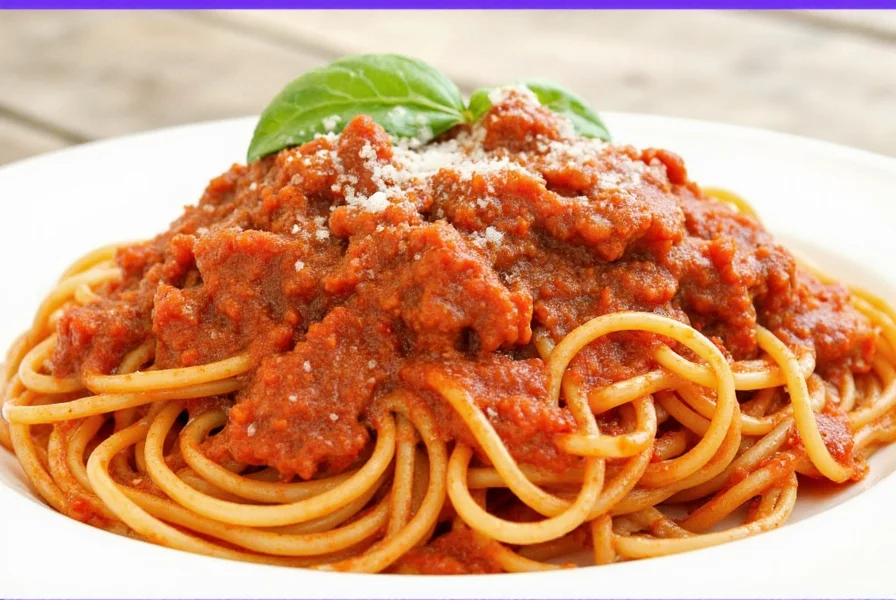
Essential Seasonings for a Classic Spaghetti Sauce
For a traditional, comforting spaghetti sauce, certain seasonings are non-negotiable. These ingredients form the backbone of the flavor profile and are commonly found in recipes around the world.
- Oregano: A staple in Italian cuisine, oregano adds a warm, earthy note that pairs perfectly with tomatoes.
- Basil: Fresh or dried, basil brings a sweet, slightly peppery aroma that enhances the freshness of the sauce.
- Garlic: Minced garlic adds a savory, aromatic depth that makes the sauce more complex.
- Onion: Sautéed onions provide a natural sweetness and a subtle sharpness that complements the acidity of the tomatoes.
- Salt and Pepper: The simplest yet most important seasonings—salt enhances the flavors, while pepper adds a slight bite.
These five seasonings are often the starting point for any homemade spaghetti sauce. They work together to create a balanced, rich flavor that's hard to beat.
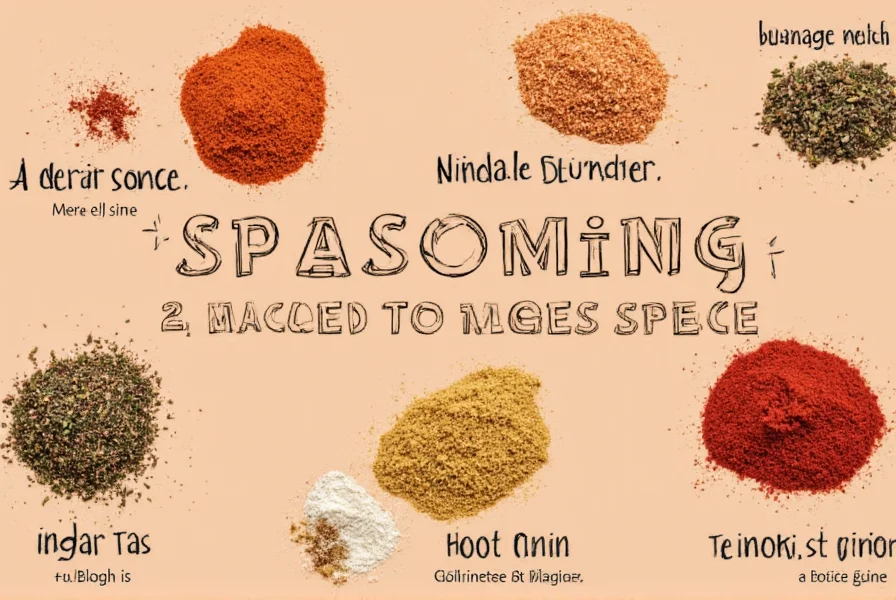
Advanced Seasonings for a More Complex Flavor
If you're looking to take your spaghetti sauce to the next level, consider adding some of these more sophisticated seasonings. They add layers of flavor and can transform a basic sauce into something truly special.
- Parsley: Fresh parsley gives a bright, herbal finish that cuts through the richness of the sauce.
- Thyme: This herb offers a subtle, floral note that works well in slow-cooked sauces.
- Red Pepper Flakes: For those who enjoy a little heat, red pepper flakes add a spicy kick without overwhelming the other flavors.
- Fennel Seeds: Fennel seeds lend a licorice-like flavor that pairs beautifully with tomato-based sauces.
- Worcestershire Sauce: A dash of this tangy, umami-rich condiment deepens the flavor and adds a hint of complexity.
These seasonings aren't necessary for every recipe, but they're great to have on hand if you want to experiment and customize your sauce to suit your taste.
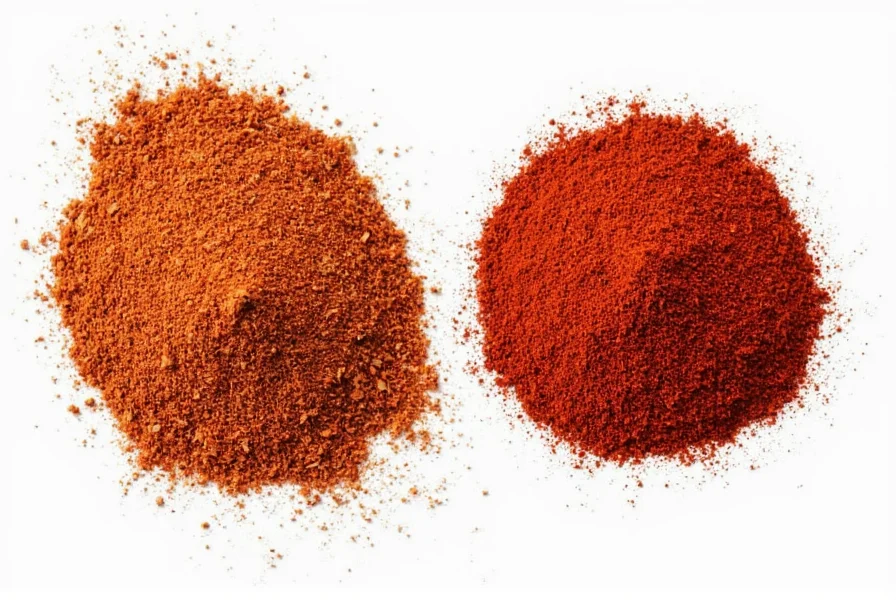
Practical Tips for Using Seasonings in Spaghetti Sauce
Knowing which seasonings to use is only half the battle. Here are some practical tips to help you get the most out of your spices when making spaghetti sauce:
- Start Small: It's easier to add more seasoning than to fix an over-seasoned sauce. Begin with a small amount and adjust as needed.
- Use Fresh Herbs When Possible: Fresh herbs like basil and parsley offer a more vibrant flavor compared to their dried counterparts.
- Balance the Flavors: If your sauce is too acidic, add a pinch of sugar. If it's too salty, dilute it with more tomatoes or water.
- Let It Simmer: Allowing the sauce to simmer for at least 30 minutes helps the seasonings meld together and develop a deeper, more rounded flavor.
- Experiment with Pairings: Don't be afraid to mix and match seasonings to find your ideal combination.
These tips will help you avoid common mistakes and ensure your spaghetti sauce turns out perfectly every time.
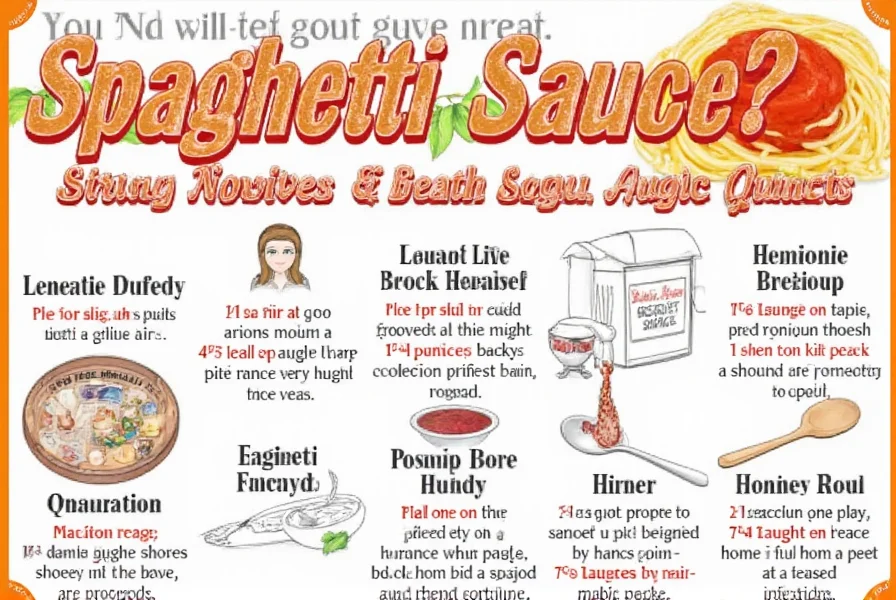
Buying Guide: Choosing the Right Seasonings
Top Seasoning Products for Spaghetti Sauce
| Product | Features | Best For | Occasions |
|---|---|---|---|
| Italian Herb Blend | Contains oregano, basil, thyme, and rosemary | Classic spaghetti sauce | Weeknight dinners, family meals |
| Dried Oregano | Intense, earthy flavor | Tomato-based sauces | Italian-inspired dishes, baking |
| Red Pepper Flakes | Adjustable heat level | Add spice to any sauce | Spicy meals, adventurous eaters |
| Worcestershire Sauce | Umami-rich, tangy flavor | Deepening the sauce | Special occasions, gourmet dishes |
| Garlic Powder | Convenient, strong flavor | Quick recipes, convenience cooking | Busy days, easy meals |
When buying seasonings, look for high-quality, pure products with no unnecessary additives. Opt for organic or all-natural options if possible, especially for fresh herbs and essential oils.
Remember, the best seasonings are those that complement your personal taste and the other ingredients in your sauce. Don't be afraid to try new combinations and see what works best for you.
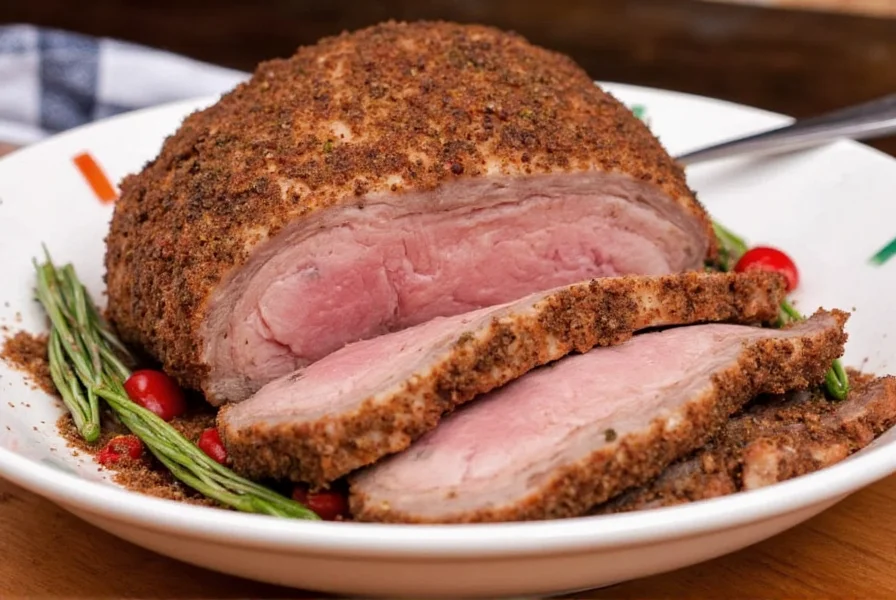
Frequently Asked Questions About Spaghetti Sauce Seasonings
What are the essential seasonings for spaghetti sauce?
The essential seasonings for a classic spaghetti sauce include oregano, basil, garlic, onion, salt, and pepper. These ingredients form the foundation of flavor in traditional Italian spaghetti sauce. Oregano provides an earthy note, basil adds sweetness, garlic brings aromatic depth, onion contributes natural sweetness, while salt and pepper enhance and balance all the flavors.
Can I use fresh herbs instead of dried ones in spaghetti sauce?
Yes, fresh herbs can be used instead of dried ones, and they often provide a more vibrant flavor. As a general rule, use three times the amount of fresh herbs compared to dried (since dried herbs are more concentrated). For example, if a recipe calls for 1 teaspoon of dried basil, use 1 tablespoon of fresh basil. Add fresh herbs toward the end of cooking to preserve their delicate flavors, while dried herbs benefit from longer cooking times to release their full flavor.
How much seasoning should I add to my spaghetti sauce?
Start with conservative amounts and adjust to taste. A good starting point is: 1 teaspoon dried oregano, 1 teaspoon dried basil, 2-3 minced garlic cloves, 1/2 cup chopped onion, 1/2 teaspoon salt, and 1/4 teaspoon black pepper per 24 ounces of tomato sauce. Remember it's easier to add more seasoning than to fix an over-seasoned sauce. Always taste as you go and adjust accordingly.
What's the difference between using fresh garlic and garlic powder in spaghetti sauce?
Fresh garlic provides a brighter, more pungent flavor that becomes mellow and sweet when cooked. Garlic powder offers a more concentrated, consistent garlic flavor that distributes evenly throughout the sauce. Generally, 1/8 teaspoon of garlic powder equals one fresh garlic clove. Fresh garlic is preferred for authentic flavor, but garlic powder is convenient for quick recipes or when fresh garlic isn't available.
How can I fix spaghetti sauce that's too acidic?
If your spaghetti sauce is too acidic, there are several ways to balance it: add a small pinch of sugar (1/4 teaspoon at a time), a grated carrot (which contains natural sugars), or a small amount of baking soda (1/8 teaspoon at a time - be careful as too much can affect flavor). Dairy like a splash of cream or a pat of butter can also help mellow acidity. Simmering the sauce longer can reduce acidity as well, as the tomatoes break down further.
Can I make spaghetti sauce without certain seasonings if I have allergies or preferences?
Absolutely. While traditional spaghetti sauce has certain key seasonings, you can adapt it to your needs. If avoiding garlic, try increasing the onion or adding asafetida for a similar savory note. Without oregano, thyme or marjoram can provide a comparable earthy flavor. The key is understanding what each seasoning contributes (earthy notes, sweetness, acidity balance) and finding suitable substitutes that serve a similar purpose in the flavor profile.
How long should I let my spaghetti sauce simmer with the seasonings?
For the best flavor development, let your spaghetti sauce simmer for at least 30 minutes after adding the seasonings. This allows the flavors to meld together and creates a more complex, rounded taste. For even better results, simmer for 1-2 hours on low heat. The longer cooking time helps break down the tomatoes and allows the seasonings to fully integrate. Just be sure to stir occasionally and maintain a gentle simmer rather than a rolling boil.
Conclusion
In summary, the essential seasonings for spaghetti sauce include oregano, basil, garlic, onion, salt, and pepper. These form the foundation of flavor in traditional Italian spaghetti sauce. By understanding each ingredient's role and experimenting with combinations, you can create a sauce that's uniquely delicious. Whether you're a professional chef or a home cook, mastering spaghetti sauce seasonings is a rewarding skill that elevates every pasta dish.
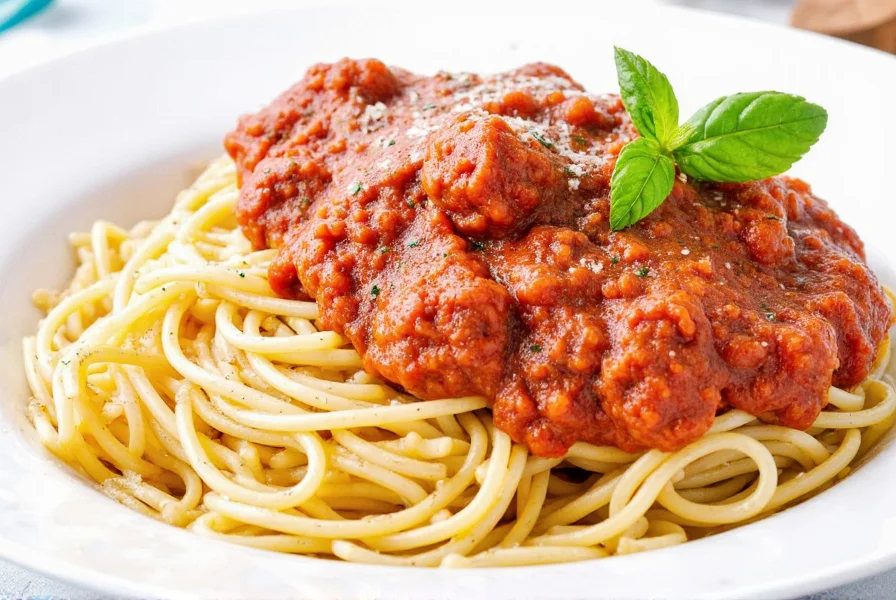

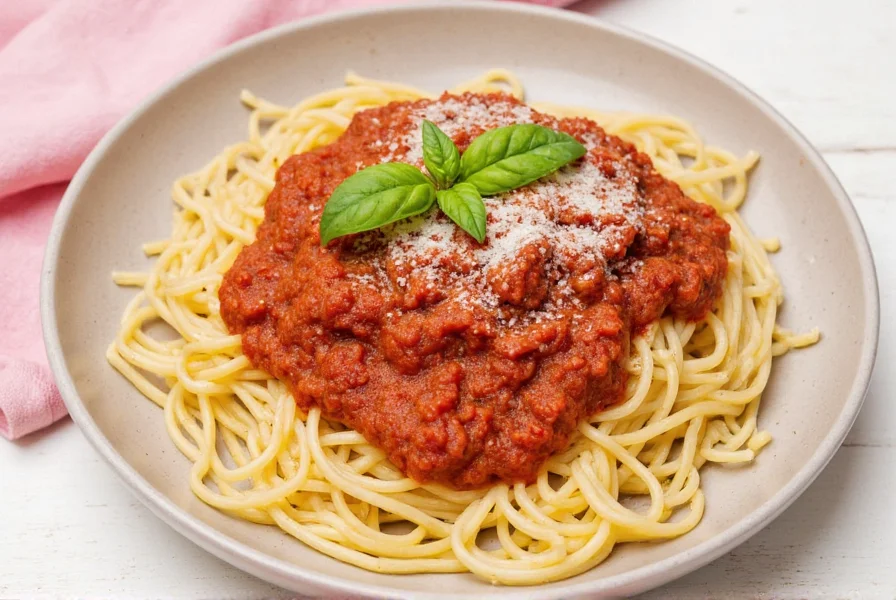









 浙公网安备
33010002000092号
浙公网安备
33010002000092号 浙B2-20120091-4
浙B2-20120091-4